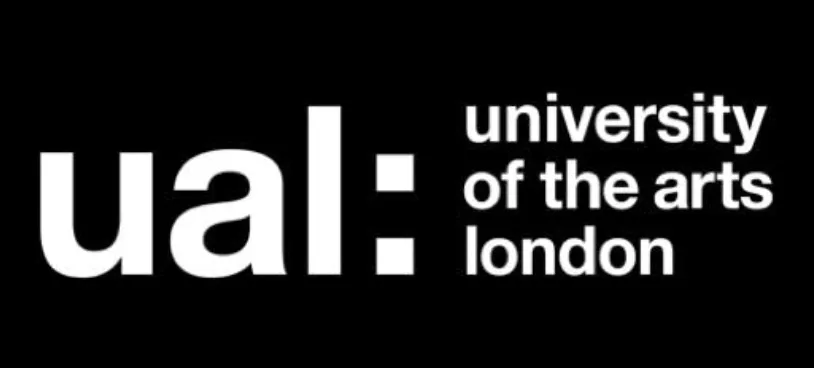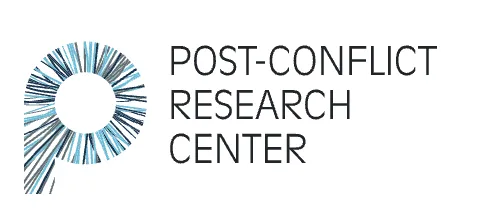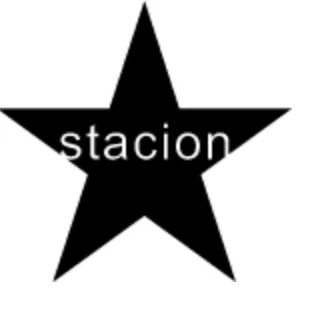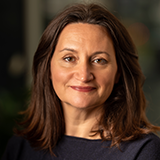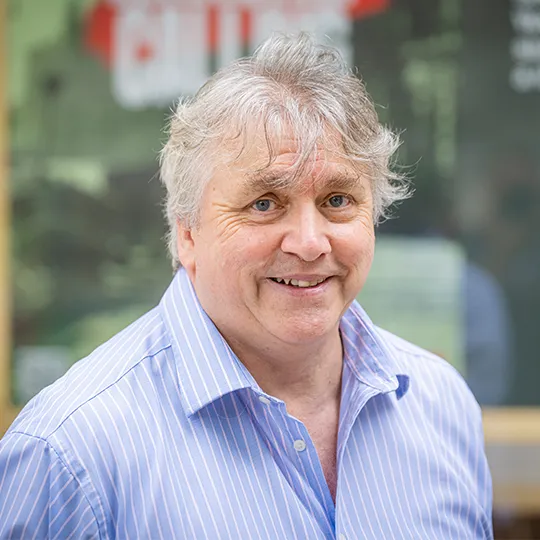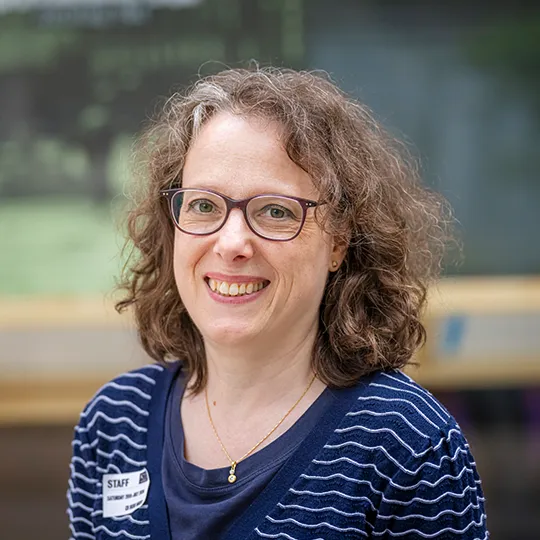Art and Reconciliation: Conflict, Culture and Community
Art & Reconciliation: Conflict, Culture and Community set out to question the potential of arts-based and creative approaches to reconciliation. Arts-based approaches have attracted increasing attention in recent years, seen as welcome alternatives to more mechanistic and institutional approaches to peacebuilding and transitional justice. But we know little about their impact, beyond anecdotal stories of success and failure. One key aim of the project therefore was to develop a more systematic understanding of the potential advantages and pitfalls of these sorts of approaches, as well as developing our understanding of what reconciliation might entail in different contexts and to different constituencies.
Led by King’s College London in partnership with the London School of Economics and Political Science and University of the Arts London, the project was funded by the UK Arts and Humanities Research Council (AHRC) as part of the Partnership for Conflict, Crime and Security (PaCCS) research programme and Global Challenges Research Fund (GCRF).
We also worked with partners in the Western Balkans, where the research was based, including the Historical Museum of Bosnia and Hercegovina, the Post-Conflict Research Centre in Sarajevo, the Humanitarian Law Center in Belgrade and Stacion, the Insititute for Contemporary Arts in Prishtina.
This film, 'Art & Reconciliation', features interviews with commissioned artists and the Director and Curator of the History Museum of Bosnia and Herzegovina. It documents the Reconciliations exhibition and the artworks that were produced for it. Directed and produced by Paul Lowe and Ziyah Gafić.
Aims
Art and Reconciliation conducted a pioneering, innovative and interdisciplinary study of post-conflict reconciliation with the following primary objectives:
- To create a framework for the critical evaluation of reconciliation practice.
- To make an historical study of thought (including religious and philosophical) and practice on reconciliation.
- To investigate the history and potential of artistic and creative cultural practices and objects in processes and outcomes of post-conflict reconciliation.
- To existing data generated by the Regional War Crimes Commission in the Balkans.
- To evaluate an innovative series of initiatives by the Post Conflict Research Centre (PCRC) in Bosnia and Hercegovina, using visual media to stimulate inter-ethnic dialogue and reconciliation, particularly with youth groups.
Methods
Art and Reconciliation explored the concept and practice of reconciliation combining approaches from history and conflict resolution, art and creative practice, and both qualitative and quantitative social science methods in three strands: History, Practice and Discourse.
History Historical investigation of the idea and practice of reconciliation through time, and an integrated study of thought and practice on reconciliation.
Practice Mapping reconciliation activity in the Western Balkans region generally, and close interrogation of both the past use and the potential future role of art and creative practices in reconciliation.
Discourse Comparative empirical research across countries, and over time, of debates on reconciliation, applying computer-assisted quantitative and qualitative analysis.
As researchers, we took a neutral stance on reconciliation. We did not come with a pre-defined meaning of the term, nor did we assume that reconciliation was necessarily either desirable or achievable. Rather we sought to explore how reconciliation was conceptualised and practiced over time and space, and to explore paradoxical and dissonant understandings.
Summary of Findings
Key outcomes include a new understanding of reconciliation and a theory of change based on a reconceptualisation of reconciliation as a dialogic process and a body of evidence to demonstrate the potential of artistic practices and artifacts in developing intercommunal conflict resolution and remembrance. Art and Reconciliation developed a new framework for evaluation structured around four principles for successful evaluation of reconciliation and visual arts practice activities. This framework highlighted that evaluation should be participatory, embedded, tailored, and independently audited.
Impact
Through a series of collaborative research projects, Art and Reconciliation developed new knowledge and understanding of the role of the arts in post war reconciliation and created a novel evaluation framework. This research led to a new mission and enhanced future for key cultural and peacebuilding organisations in Bosnia. These impacts have helped to shift attitudes towards the use of arts-based practice in reconciliation while increasing and enhancing skills and opportunities for key stakeholders in the region.
Art and Reconciliation produced seven major exhibitions in three countries internationally, as well as well as over 40 smaller exhibitions, shows and activities in 20 places. With over 10,000 visitors, these exhibitions allowed publics and communities to engage with and benefit from research outcomes. Two films were also created: ‘The Rope’ (2019) by Nermin Hamzagić and Ziyah Gafić; and Portrait of the Artist (2019), a film about the artist Mladen Miljanović, by Ziyah Gafić.
Our Partners
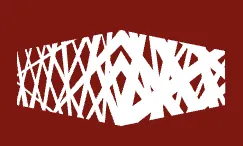
History Museum of Bosnia and Herzegovina

Principal Investigator
Investigators
Affiliations
Funding
Funding Body: Arts & Humanities Research Council (AHRC)
Amount: £795,806
Period: January 2016 - December 2021


